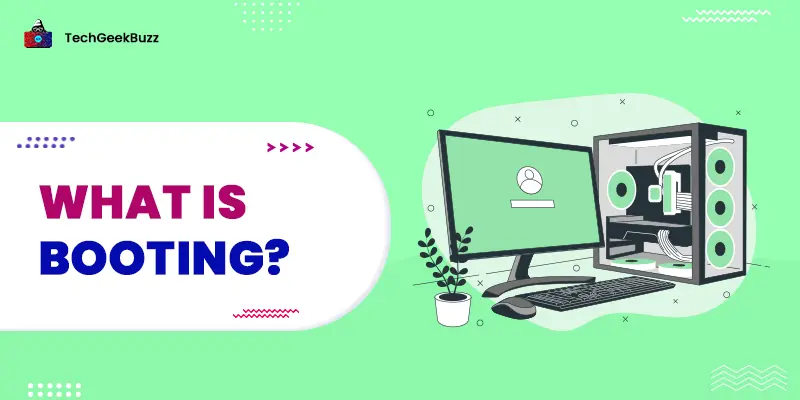If you are a computer science student, so you must have many questions related to the IT industry, such as, “Which programming language should I learn?" "How many programming languages do I need to learn?" "Are college subjects and books enough to get a job, or do I need to learn something else?" "How to learn computer science comprehensively?" And so on. If you try to Google these questions, you will get some mixed answers, which may confuse you even more. In the IT industry, we have many fields, and each one is different from the other in many aspects. While studying computer science in college, you have to explore different subjects, and some of those could be totally irrelevant to the current scenario of the IT industry and technologies.
How to Learn Computer Science?
If you ask the question, “Is the knowledge of college subjects enough to secure a job?” The answer would be no. Apart from the course books and theoretical knowledge, you need some skills and practical knowledge of additional tools and technologies that are in demand. Here in this article, we will discuss how to learn computer science and how to do it effectively so that you can get an IT job in the future. We have divided the study of computer science into three stages. These are not like anything that you study in college. These stages mainly focus on the practical skills that most of the students miss in their college life. These three stages are specifically for aspiring software engineers. Thus, if you want a career in computer hardware, you may not find any valuable information here.
3 Stages to Become a Software Engineer
- Programming Languages and Coders.
- Programmers (Projects)
- Computer Scientist
If you follow these three stages one by one, you will become a highly qualified software engineer. So, let's start with the first stage that deals with computer programming.
1 st Stage: Programming Languages and Coder
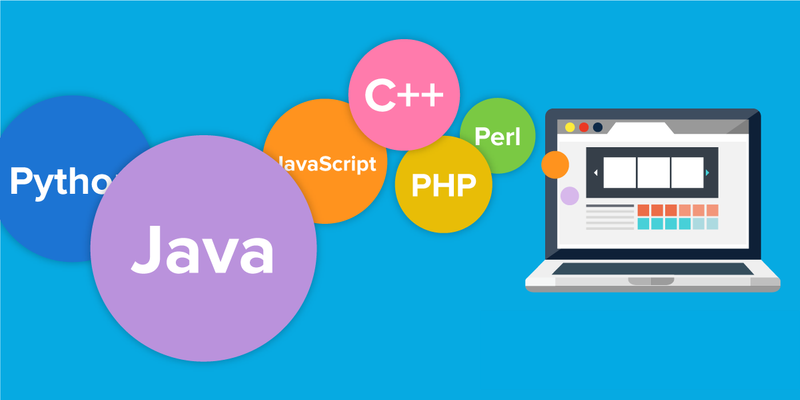
Duration : At least one year. Programming languages: Learn at least two different programming languages. In computer science, everything starts with programming languages and coding. Coding is all about learning programming language syntax and improve your logical skills by writing actual code. These days we only consider high-level programming languages, so it's best to start your coding journey with a high-level object-oriented programming language like Python and Java. With coding, we make small logic using a simple syntax. The problems that we solve using coding are always a fragment of real-world problems. It's hard to get a job in the software industry only on the basis of coding skills. This is so because tech companies search for developers who can not only code but also know how to deal with big projects. You also have heard of coding competitions. In these competitions, coders are provided with some problems, and they have to solve them in a given interval of time. Google also holds an annual coding competition, and coders across the world participate in it. You can also make a career in coding. There are many programming languages out there. Most of those share the same properties but with some differences, particularly in implementation and objectives. Choosing a programming language for a project specifically depends on individual choice and project demands.
Programming Languages and Programming
Always start your coding with a specific programming language because it is the easiest way and the first step to be a part of the software world. It could be hard for a beginner to choose his first programming language. In this stage, however, it does not matter which programming language you choose because all the high-level programming languages share the same concepts, and it’s the concept you need to learn. Over time, you can switch programming languages depending on the project requirements and market demand. There are many programming languages available, and it’s completely fine if you have a specific programming language in your mind that you want to learn. If not, you can just pick one of the two programming languages we have explained below:
Python
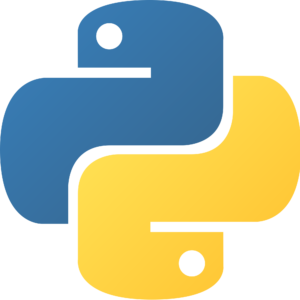
- Python is among the most popular high-level object-oriented programming languages.
- It has a very simple syntax that makes it easy to learn.
- Coding in Python feels like writing commands in simple English.
- With a few lines of code, we can make our logic.
- It is an ideal language for beginners.
- Python is very versatile. So once you are done with the Python basics, you can work towards building your career in web development, data science, AI and machine learning, and so on.
- It has backing from a huge community.
- You will get hundreds of thousands of resources over the internet to help you learn Python.
Java
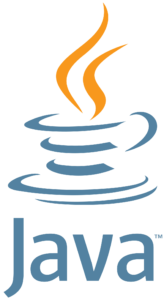
- Java is among the widely used and most powerful programming languages.
- It is a pure object-oriented programming language.
- Java has a complex syntax, which makes it hard to learn, especially as the first programming language.
- It has superb community support.
- Java is used to create desktop and Android applications.
- We can also use Java for web development and artificial intelligence.
Tips for the Programming Languages and Coder Stage
- If you are a beginner, then first learn Python and then Java.
- It’s necessary to have knowledge of at least two different programming languages.
- Knowledge of both programming languages will help you understand the basics of programming and the most important differences between programming languages.
- Once you learn the basics of both programming languages, you will get an idea of which programming language you want to use in your career and projects.
- While you are learning the basics of programming languages, try to learn all the rudimentary concepts because, in interviews, you will be asked questions from the basics of programming.
- In the starting, your main focus should be on developing logic and not on building the solution.
- Learn how object-oriented programming is implemented.
- Your basic concepts should be crystal clear.
2 nd Stage: Programmers and Projects
 Once you are done with the basics of at least two programming languages and have learned how to implement logic, now you need to upgrade your skills and step up your game. You should now evolve from a code to a programmer. Although
coding and programming
are often used interchangeably, there are many differences between the two. A coder works on small logic building, while a programmer uses many logics at once to create a big program. While programming, you must have knowledge of all basic data structures and the programming syntax. The coding stage gives you an idea about how to implement logic. On the other hand, programming gives you an idea about how to merge different logics at once to create a sophisticated program. When you are on the programmer stage, you have to work on different projects that will help you to put your learning to action. There are many open-source projects on the Internet from where you can get help to do your own projects. Else, you can work on pre-built projects and re-write the complete code in your own way. If you are in this stage, you are good to apply for any interview related to your field and choice. In the programmer stage, you can secure an internship or job in any IT company. It mostly depends on your knowledge, the quality of the projects that you've worked on, and your experience.
Once you are done with the basics of at least two programming languages and have learned how to implement logic, now you need to upgrade your skills and step up your game. You should now evolve from a code to a programmer. Although
coding and programming
are often used interchangeably, there are many differences between the two. A coder works on small logic building, while a programmer uses many logics at once to create a big program. While programming, you must have knowledge of all basic data structures and the programming syntax. The coding stage gives you an idea about how to implement logic. On the other hand, programming gives you an idea about how to merge different logics at once to create a sophisticated program. When you are on the programmer stage, you have to work on different projects that will help you to put your learning to action. There are many open-source projects on the Internet from where you can get help to do your own projects. Else, you can work on pre-built projects and re-write the complete code in your own way. If you are in this stage, you are good to apply for any interview related to your field and choice. In the programmer stage, you can secure an internship or job in any IT company. It mostly depends on your knowledge, the quality of the projects that you've worked on, and your experience.
What to Learn in the Programmer Stage?
Once you are done with the basics of programming languages, now you need to choose a specific field in which you want to build your career. You can be a:
- Web developer
- Software developer
- Android app developer
- Data scientist
- Data analyst
- Artificial intelligence engineer
- Machine learning engineer
Before you enter a particular field, you need to equip yourself with some more concepts and skills, such as data structures, algorithms, networks, operating systems, and so on.
Data Structure and Algorithms
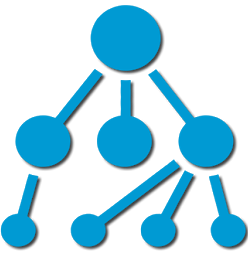 Data structure and algorithms is the most important topic of programming, and it is not optional. You have to learn all the basics of data structures and algorithms and also learn how to implement all the algorithms using a particular programming language. Once you have learned the basics of programming, your first priority should be learning different data structures and algorithms. Big tech companies like Google and Amazon mainly focus on the knowledge of data structure and algorithms during the interviews. Theoretical learning of data structure and algorithms would not be enough. You also need to learn how you can implement all those algorithms using a programming language. Thankfully, you can find various resources and books for data structures and algorithms on the internet. Once you learn the data structure and algorithms, you will get an idea of how to write an efficient program. With DSA, you will learn how minimizing the complexity of an algorithm makes it efficient and different from other algorithms performing the same task. The skills of using the right algorithms and picking the perfect data structures are what separates a top-notch programmer from an average programmer.
Data structure and algorithms is the most important topic of programming, and it is not optional. You have to learn all the basics of data structures and algorithms and also learn how to implement all the algorithms using a particular programming language. Once you have learned the basics of programming, your first priority should be learning different data structures and algorithms. Big tech companies like Google and Amazon mainly focus on the knowledge of data structure and algorithms during the interviews. Theoretical learning of data structure and algorithms would not be enough. You also need to learn how you can implement all those algorithms using a programming language. Thankfully, you can find various resources and books for data structures and algorithms on the internet. Once you learn the data structure and algorithms, you will get an idea of how to write an efficient program. With DSA, you will learn how minimizing the complexity of an algorithm makes it efficient and different from other algorithms performing the same task. The skills of using the right algorithms and picking the perfect data structures are what separates a top-notch programmer from an average programmer.
Networking
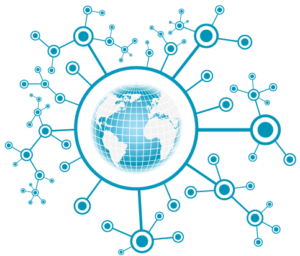 If you want to exceed your coding skills with web development and the Internet of Things, you need some basic knowledge of how computer networking works and how we communicate with networks and servers. Web development is a never-ending field, and with Java and Python, you can build a fruitful career in web development and IoT. There are many books that can help you gain the fundamentals of networking and different internet protocols. One of the best books for the purpose is
Computer Networking: A Top-Down Approach by Kurose and Ross
.
If you want to exceed your coding skills with web development and the Internet of Things, you need some basic knowledge of how computer networking works and how we communicate with networks and servers. Web development is a never-ending field, and with Java and Python, you can build a fruitful career in web development and IoT. There are many books that can help you gain the fundamentals of networking and different internet protocols. One of the best books for the purpose is
Computer Networking: A Top-Down Approach by Kurose and Ross
.
Operating Systems
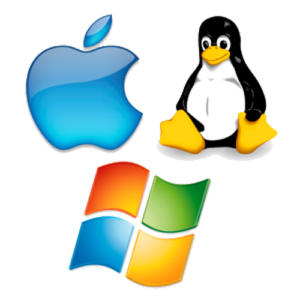
If you are thinking that learning only the basics of a programming language is enough to be a programmer, then you are completely wrong. If you are a software engineer, you just can’t ignore the role of different operating systems. Though many programming languages are independent of operating systems, yet you should have some knowledge of different operating systems and their operation. With operating systems, you learn in-depth about the memory management of a program and the time consumption by a process. Operating systems also deal with the different concepts of multi-processing and multi-threading.
Skills to Improve in the Programmer Stage
- In the programmer stage, you need to learn how to write an efficient program.
- You should know how to minimize the complexity of your program’s algorithms.
- You should be able to choose appropriate data structures for your program.
- The program you will create should be time- and memory-efficient.
- Learn about networking and different protocols if you want to build your career in web development.
- Work on different projects.
- Working on projects teaches you how to work on big projects and how to debug the same.
3 rd Stage: Computer Scientist
 It could be possible that within your programmer stage, you have secured a job, but in the IT industry, we have regular updates, and new technologies keep on replacing the old ones every day. So, it is better to upgrade your skillset because learning never ends. In companies, you work with teams and mostly focus on a specific field, but do not let that specific field bind you forever. Now you are on a stage where you can think for yourself, and now you have the knowledge of most of the technologies. So with the market demand, keep upgrading your skills. Most software engineers stick with one technology, and when the new one replaces it, they lose their job. So if you do not want to get sacked, keep your skills up to date and add new emerging technologies to your skills list. You can only upgrade your skills if you have robust programming basics. So, never stop coding and building.
It could be possible that within your programmer stage, you have secured a job, but in the IT industry, we have regular updates, and new technologies keep on replacing the old ones every day. So, it is better to upgrade your skillset because learning never ends. In companies, you work with teams and mostly focus on a specific field, but do not let that specific field bind you forever. Now you are on a stage where you can think for yourself, and now you have the knowledge of most of the technologies. So with the market demand, keep upgrading your skills. Most software engineers stick with one technology, and when the new one replaces it, they lose their job. So if you do not want to get sacked, keep your skills up to date and add new emerging technologies to your skills list. You can only upgrade your skills if you have robust programming basics. So, never stop coding and building.
Computer Scientist skills
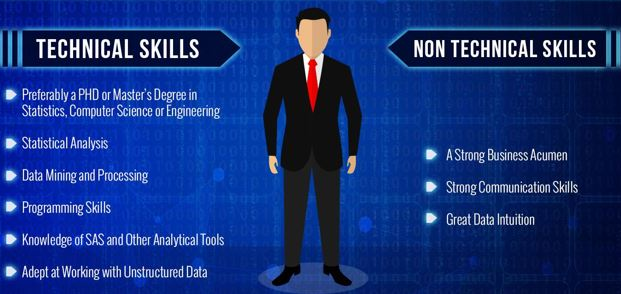 Now you are a programmer and associated with a specific IT field. The only thing you can do is just upgrade your skills, and as you have the basic knowledge of programming and coding, you can easily switch between fields. With the knowledge of programming, you can start learning with big data, such as AI, data science, and machine learning.
Now you are a programmer and associated with a specific IT field. The only thing you can do is just upgrade your skills, and as you have the basic knowledge of programming and coding, you can easily switch between fields. With the knowledge of programming, you can start learning with big data, such as AI, data science, and machine learning.
Conclusion
By now, you must have got the answer to, "How to learn computer science effectively?" Computer science is a vast field. You need first to decide what area of expertise you need to work in. You get options like software development, testing, web development, data science, and AI. Your approach to learning computer science depends on what you want to do with your career. So, choose wisely. All the best! People are also reading:
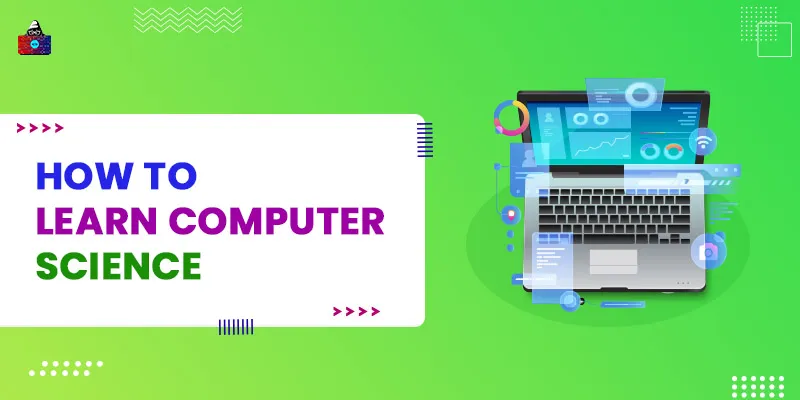

![What is an Assembler? [Definition, Working, & Types]](/media/new_post_images/What_is_Assembler.jpg)
![What is I/O? [Types, Examples, & Methods]](/media/new_post_images/What_is_I_O.webp)
